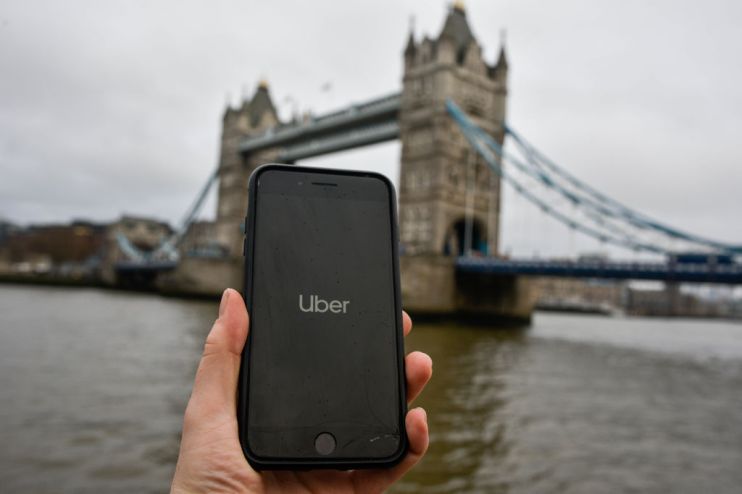Uber’s back and its rivals will just have to deal with it

Having scraped by on short-term “emergency licences” for about two years, Uber, the California-based ride-sharing app provider, has been given a “proper” licence to operate in London again, after winning in a crucial appeals case this week.
For now, this marks the end of two years of legal limbo. In 2017, Transport for London (TfL) — which, apart from being the capital’s public transport provider also regulates the black cab and private hire vehicles (PHV) trades — tried to shut them down over safety concerns. Uber appealed, carried on with a provisional licence, TfL tried to shut them down again, Uber appealed again, and carried on with another provisional licence.
On its own, this is not that much of a story. Businesses often have disputes with regulators, controversial legal decisions are sometimes appealed against, and appeals are sometimes upheld.
So why has this story been reported in the Sun, the Daily Mail, the Telegraph, the Financial Times, Forbes, the Guardian, the BBC, Sky News, the Evening Standard, and many others? Uber is neither a traditional company that anyone feels a particular attachment to, nor is it a company with a visible high-street presence. It is a big company in terms of its global operations, but it is tiny in terms of its contribution to the UK economy. Why this level of attention?
Read more: Uber wins bid to regain London operating licence
Uber has become a bit of a symbol. For many social democrats and communitarian conservatives, it represents the worst of the so-called gig economy: insecure for both workers and consumers, poorly regulated, and rootless, with no regard for local customs or traditions. For them, the black cab trade represents a more benign, orderly, regulated form of capitalism, while Uber represents the Wild West.
More liberal-minded people tend to see the protected taxi trade as a manifestation of crony capitalism: a cartel of well-established insiders that hides behind pious rhetoric about “consumer safety” and “standards”, but really just uses its political muscle to keep out unwanted newcomers. Those people are not “pro-Uber”. They are pro entrepreneurship, pro open markets, and pro innovation — and they suspect that attacks on Uber are often veiled attacks on those principles.
Globally, this is clearly correct. The justification differs from jurisdiction to jurisdiction, but Uber has always been under varying degrees of attack in lots of places.
The situation in London is a bit more ambiguous. The fact that Uber won its appeal does not mean that the company has done nothing wrong, or that it was all just a politically motivated show trial. There were genuine security issues: for example, some people managed to hack the Uber software, and pose as certified drivers, when they were nothing of the sort. The appeals court did not say that the issue was not real, but that they believe it has now been sorted out. Hence, the licence is a probationary one, limited to 18 months.
Hopefully, Uber will use those months to get its house in order, and the old incumbents will get used to the fact that the cosy, protected market of yore is not going to come back.
Main image credit: Getty